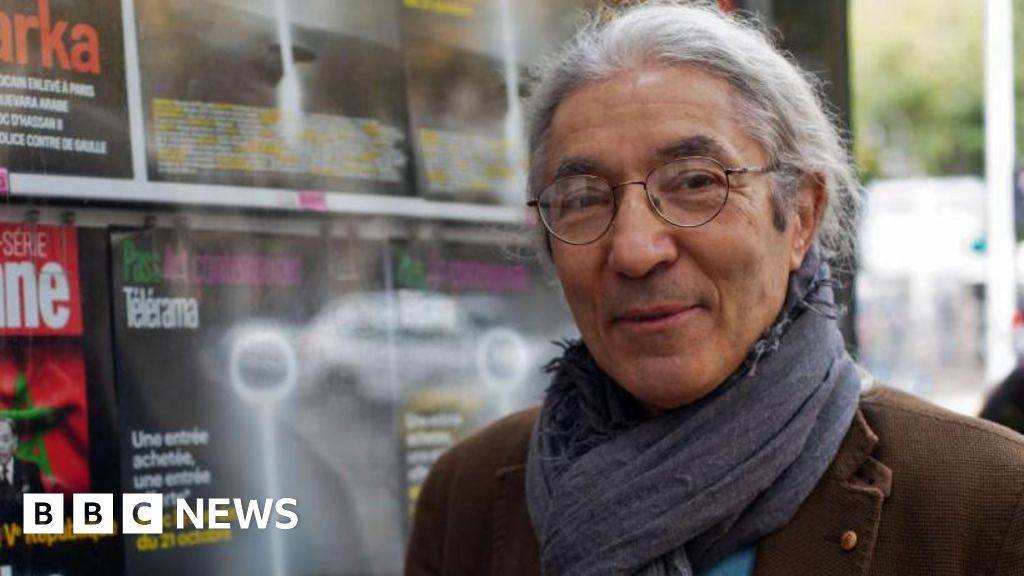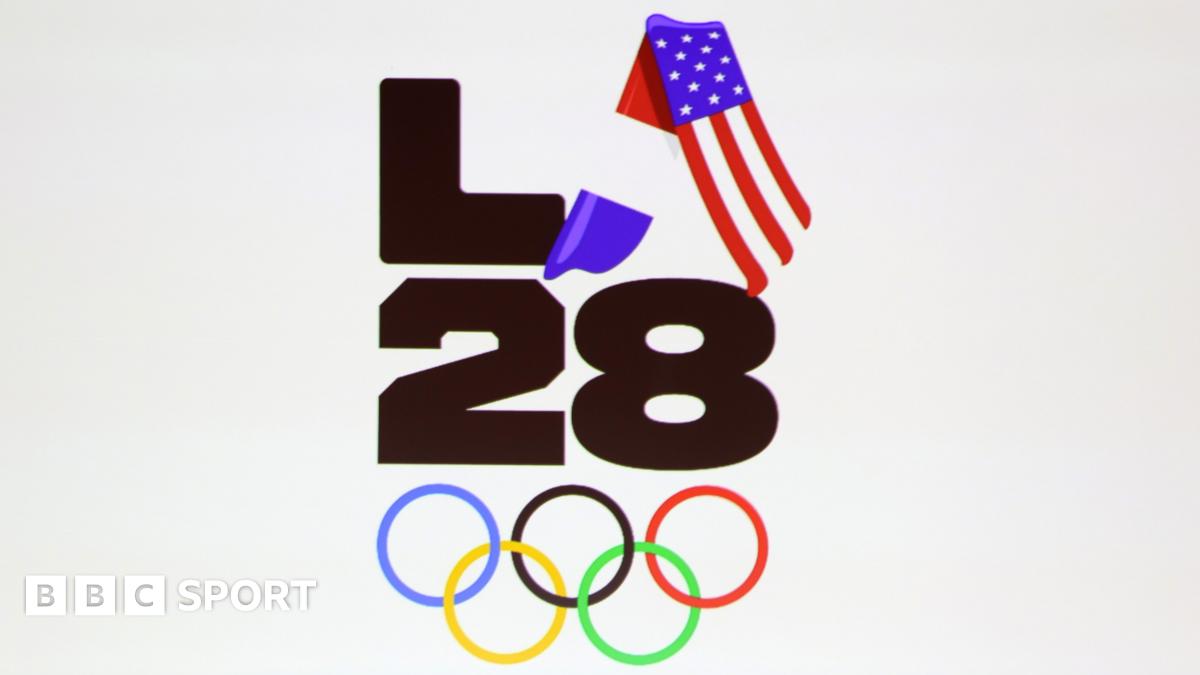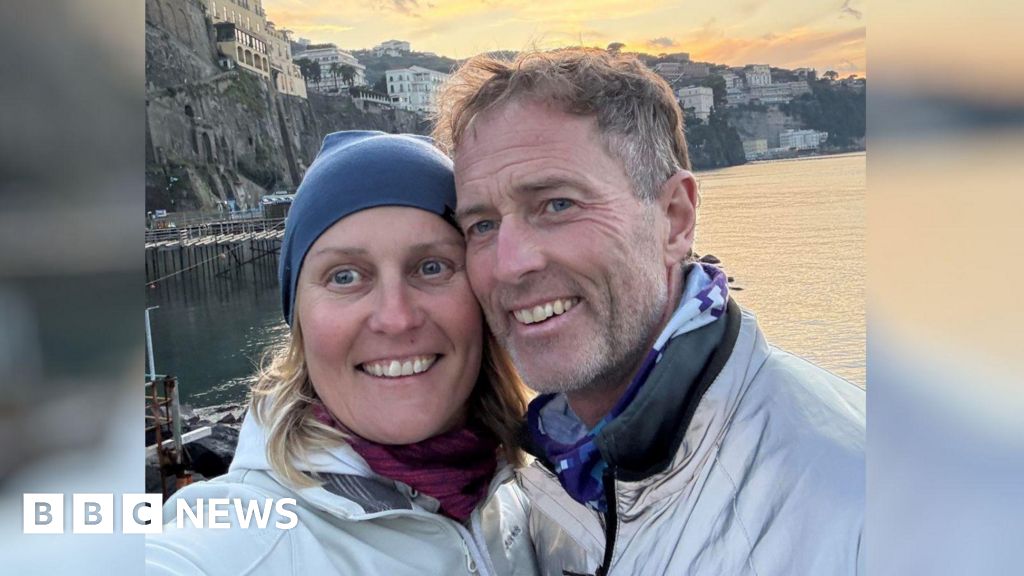Ukraine's energy and justice ministers have resigned in the wake of a major investigation into corruption in the country's energy sector.
President Volodymyr Zelensky called for Energy Minister Svitlana Grynchuk and Justice Minister Herman Halushchenko's removal on Wednesday.
On Monday anti-corruption bodies accused several people of orchestrating a embezzlement scheme in the energy sector worth about $100m (£76m), including at the national nuclear operator Enerhoatom.
Some of those implicated in the scandal are - or have been - close associates of Zelensky's.
The allegation is that Justice Minister Herman Halushchenko and other key ministers and officials received payments from contractors building fortifications against Russian attacks on energy infrastructure.
Among those alleged to be involved are former Deputy Prime Minister Oleksiy Chernyshov and Timur Mindich - a businessman and a co-owner of Zelensky's former TV studio Kvartal95. He has since reportedly fled the country.
Halushchenko said he would defend himself against the accusations, while Grynchuk said on social media: "Within the scope of my professional activities there were no violations of the law."
The National Anti-Corruption Bureau of Ukraine (Nabu) and Specialised Anti-Corruption Prosecutor's Office (Sap) said the investigation - which was 15 months in the making and involved 1,000 hours of audio recordings - uncovered the participation of several members of the Ukrainian government.
According to Nabu, the people involved systematically collected kickbacks from Enerhoatom contractors worth between 10% and 15% of contract values.
The anti-corruption bodies also said the huge sums had been laundered in the scheme and published photographs of bags full of cash. The funds were then transferred outside Ukraine, including to Russia, Nabu said.
Prosecutors alleged that the scheme's proceeds were laundered through an office in Kyiv linked to the family of former Ukrainian lawmaker and current Russian senator Andriy Derkach.
Nabu has been releasing new snippets of its investigation and wiretaps every day and on Tuesday it promised more would come.
The scandal is unfolding against the backdrop of escalating Russian attacks on Ukrainian energy facilities, including substations that supply electricity to nuclear power plants.
It will also shine a spotlight on corruption in Ukraine, which continues to be endemic despite work by Nabu and Sap in the 10 years since they were created.
In July, nationwide protests broke out over changes curbing the independence of Nabu and Sap. Ukrainians feared the nation could lose the coveted status of EU candidate country which it was granted on condition it mounted a credible fight against corruption.
Kyiv's European partners also expressed severe alarm at the decision, with ambassadors from the G7 group of nations expressing the desire to discuss the issue with the Ukrainian leadership.
The backlash was the most severe to hit the Ukrainian government since the start of Russia's full-scale invasion in 2022 and was only quelled by Zelensky's decision to reinstate the freedom of the two anti-corruption bodies.
Yet for some that crisis brought into question Zelensky's dedication to anti-corruption reforms. The latest scandal threatens to lead to more awkward questions for the Ukrainian president.
.png)
 2 hours ago
1
2 hours ago
1








 English (US) ·
English (US) ·